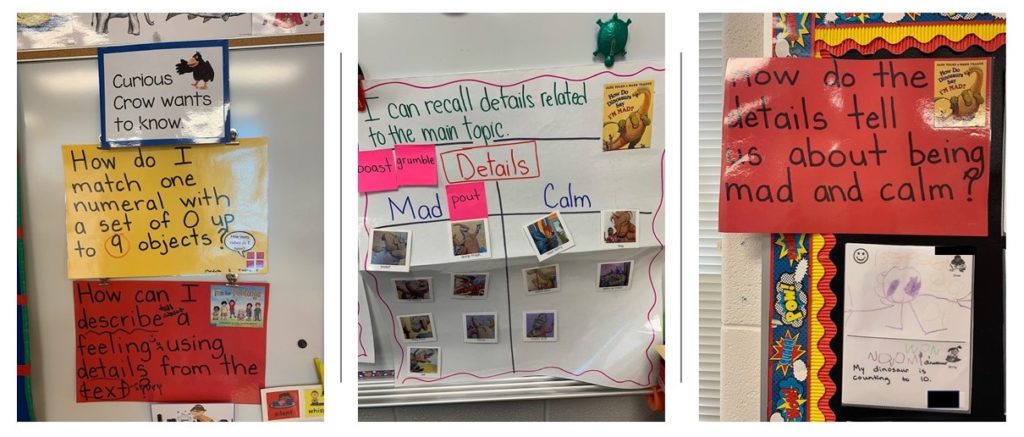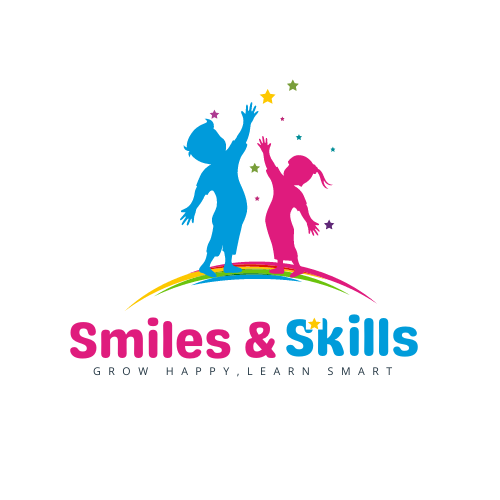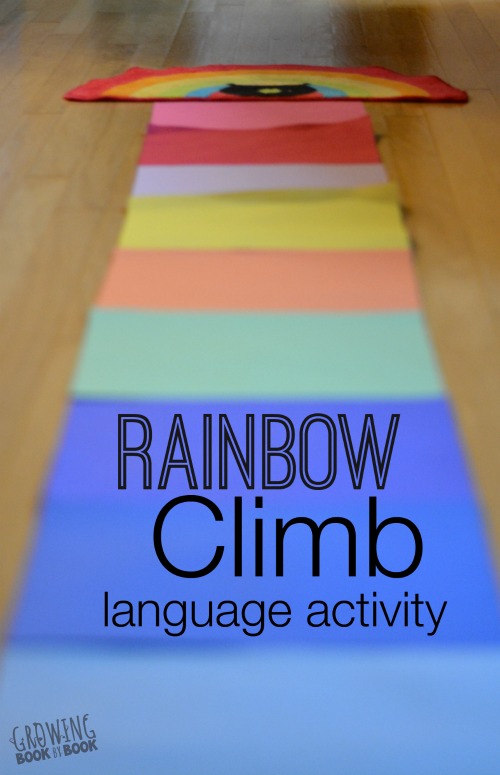Preschool vocabulary activities are essential for early language development. Engaging and interactive games facilitate learning.
Engaging preschoolers in vocabulary activities helps to expand their language skills and enhance their cognitive development, setting the stage for future academic success. Through fun and interactive games such as word building, flashcards, and matching exercises, children can develop a strong foundation in vocabulary, which is crucial for effective communication and literacy.
Vocabulary Activities for Preschoolers not only foster a love for language and learning but also promote social interaction and cooperation among young children. Furthermore, incorporating these activities into the daily routine offers opportunities for parents and educators to bond with the children while nurturing their linguistic abilities. As a result, preschoolers are better equipped to express themselves and comprehend the world around them, ultimately preparing them for a smooth transition into formal education.
Importance Of Vocabulary Development In Preschoolers
In the early years, vocabulary development plays a crucial role in a child’s overall cognitive and academic growth. As preschoolers navigate through the world around them, their vocabulary skills serve as a foundation for communication, comprehension, and future academic success. Understanding the importance of vocabulary development in preschoolers can help parents and educators implement effective strategies to enhance language skills in young children.
Cognitive Benefits Of Early Vocabulary Acquisition
Early vocabulary acquisition can significantly benefit a preschooler’s cognitive development. As children expand their vocabulary, they gain the ability to express their thoughts, emotions, and experiences more effectively. This enhanced communication fosters cognitive growth, as children can better perceive and interpret the world around them, leading to improved cognitive flexibility and problem-solving abilities.
Impact On Future Academic Success
Vocabulary development in preschoolers plays a pivotal role in shaping their future academic success. Research has shown that strong early language skills are linked to higher academic achievement throughout a child’s educational journey. Effective vocabulary acquisition in the preschool years sets the stage for improved reading comprehension, writing proficiency, and overall language fluency, providing a solid foundation for future academic endeavors.
Interactive Storytelling Sessions
Interactive storytelling sessions are a fun and effective way to enhance vocabulary development in preschoolers. Incorporating new words into familiar stories and engaging children through interactive elements can create an enriching learning experience that encourages language acquisition and cognitive development.
Incorporating New Words Into Familiar Stories
When incorporating new words into familiar stories, preschoolers have the opportunity to expand their vocabulary in a context they are already familiar with. Introducing words playfully and engagingly during the storytelling sessions can stimulate their curiosity and eagerness to learn. This approach not only enhances their language skills but also makes the learning process enjoyable.
Engaging Children Through Interactive Elements
Engaging children through interactive elements like props, gestures, and role-playing can capture their attention and make the storytelling sessions more immersive. By involving the children in the narrative, they become active participants in the learning process, leading to better retention of new vocabulary. Interactive elements also help reinforce the meanings of words, making the learning experience more impactful.
Play-based Word Recognition Games
Engaging preschoolers in play-based word recognition games is an effective way to build their vocabulary while making learning fun and interactive. By incorporating various activities that involve matching and identifying words, children can develop their literacy skills in an enjoyable and stimulating environment. Play-based word recognition games not only enhance word comprehension but also foster a love for language and learning. Here are a few exciting ways to introduce vocabulary activities for preschoolers through play-based word recognition games.
Matching Games With Pictures And Word Cards
Matching games are an excellent way for preschoolers to associate words with their corresponding images while honing their word recognition skills. This activity can be done using picture cards and word cards with simple, familiar words. By laying out the cards and encouraging children to match the pictures with the correct words, they can playfully reinforce their vocabulary.
Scavenger Hunts For Identifying And Learning New Words
Scavenger hunts provide an entertaining way for preschoolers to explore and discover new words within their environment. By creating a list of words or pictures for children to find, they can actively engage in identifying and learning new vocabulary through a thrilling scavenger hunt. This hands-on activity not only expands their word recognition but also encourages their curiosity and exploration.
Sensory Word Exploration
Sensory word exploration is a crucial component of vocabulary activities for preschoolers. By incorporating sensory experiences, children can engage with and internalize new words in a more impactful and memorable way. These hands-on activities stimulate their senses and enhance their understanding of language, making learning vocabulary a fun and immersive experience.
Sensory Bins With Word-themed Objects
Sensory bins are an effective method for introducing preschoolers to new vocabulary words. Fill a bin with materials that represent different words, such as objects, pictures, or even textured letters. For example, a bin filled with small plastic animals can introduce animal names, while a bin with textured letters can help children associate the feel of the letters with the words they represent. This interactive approach sparks curiosity and encourages exploration, reinforcing their understanding of each word.
Texture And Tactile Experiences To Reinforce Vocabulary
Texture and tactile experiences are valuable tools for reinforcing vocabulary in preschoolers. Providing materials such as sandpaper, smooth stones, soft fabrics, or bumpy textures allows children to connect the physical sensation with the corresponding word. For instance, associating the words “rough” with sandpaper and “smooth” with a soft fabric can create a lasting impression of these vocabulary terms. These experiences not only deepen their comprehension but also make learning words a multisensory and memorable experience.
Art And Craft Vocabulary Projects
When it comes to teaching vocabulary to preschoolers, incorporating art and craft projects can be an engaging and effective approach. Art and craft activities not only stimulate creativity but also provide opportunities to introduce and reinforce new words and concepts. Here are some exciting arts and crafts vocabulary projects that can help young learners expand their language skills in a fun and interactive way.
Creating Word-themed Art Projects
Art projects that revolve around specific words offer a creative way for preschoolers to learn and remember new vocabulary. By incorporating words into art activities, children not only visualize the words but also associate them with tangible objects or images, enhancing retention and understanding. For instance, creating a “flower” collage using various materials and encouraging the children to describe their artwork can reinforce the word and its meaning.
Using Craft Activities To Teach New Words And Their Meanings
Craft activities present an excellent opportunity to introduce and teach new words and their meanings. For instance, crafting a paper “house” and explaining its different parts such as the roof, doors, and windows can help children grasp the related vocabulary. Incorporating storytelling alongside craft activities can further reinforce the association between words and their meanings in a context that is both memorable and enjoyable.

Credit: learningfocused.com
Frequently Asked Questions On Vocabulary Activities For Preschoolers
What Are Some Fun Vocabulary Activities For Preschoolers?
Engage preschoolers with activities like word flashcards, matching games, and storytelling to build their vocabulary in a playful way. Incorporate daily routines and use colorful visuals to make learning enjoyable.
Why Is It Essential To Improve Preschoolers’ Vocabulary?
Enhancing vocabulary in preschoolers fosters better communication skills, cognitive development, and reading readiness. It aids in expressing thoughts effectively, understanding instructions, and laying a strong foundation for academic success.
How Can Parents Make Vocabulary Learning Interactive For Preschoolers?
Parents can create a word-rich environment by discussing daily activities, reading aloud, and asking open-ended questions. Incorporate vocabulary-building activities into playtime, encourage conversations, and provide exposure to new words through various experiences.
Conclusion
Encouraging vocabulary development in preschoolers is essential for their overall growth and communication skills. By incorporating fun and engaging vocabulary activities for preschoolers, parents, and educators can create a supportive environment for young children to expand their language abilities. These activities not only foster a love for words but also help build a strong foundation for future academic success.
So, let’s get started and make learning vocabulary an enjoyable experience for our preschoolers!

